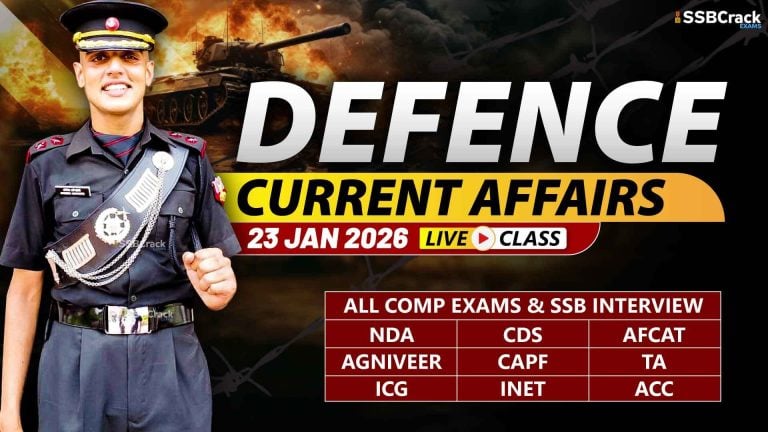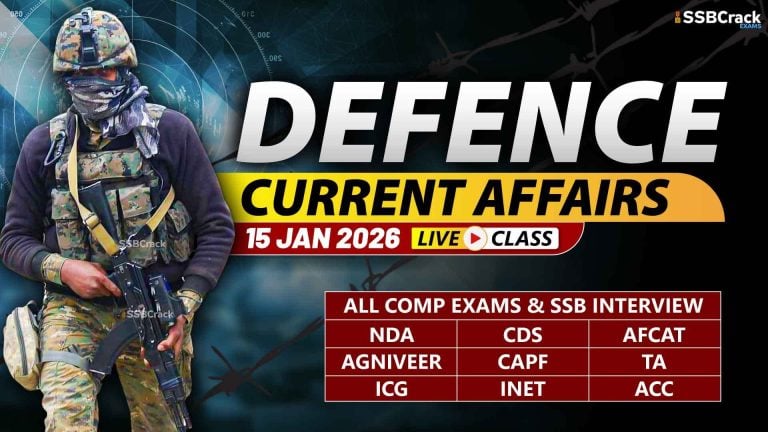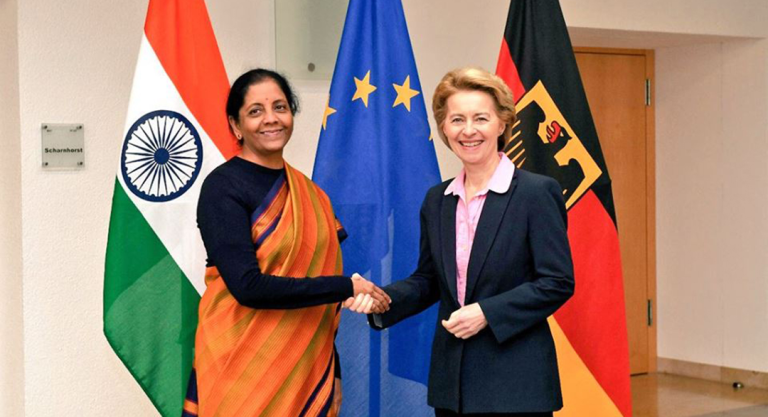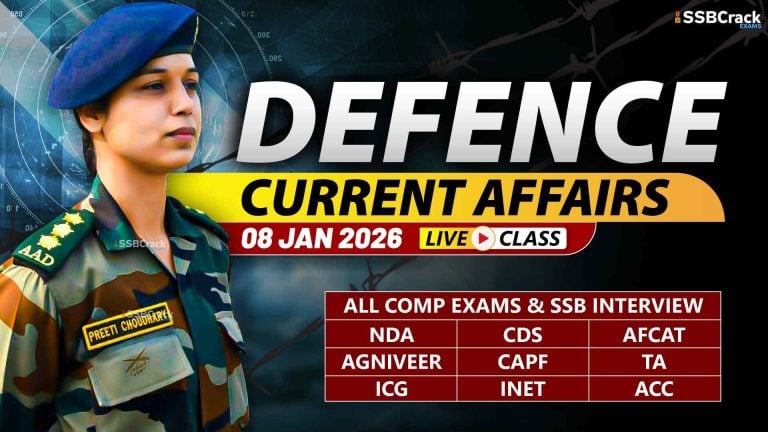In a move that has drawn global attention and sparked debate, the Government of Pakistan has formally nominated former U.S. President Donald J. Trump for the 2026 Nobel Peace Prize.
Pakistan Nominates Donald Trump for 2026 Nobel Peace Prize
ISLAMABAD, June 21, 2025 — In a move that has drawn global attention and sparked debate, the Government of Pakistan has formally nominated former U.S. President Donald J. Trump for the 2026 Nobel Peace Prize. The nomination, announced on the official X (formerly Twitter) account of the Pakistani government, credits Trump with “decisive diplomatic intervention and pivotal leadership” during the recent crisis between India and Pakistan.
Background: The 2025 India-Pakistan Crisis
The nomination centers on Trump’s role in de-escalating a four-day military flare-up between India and Pakistan, which followed a deadly militant attack in Jammu and Kashmir’s Pahalgam that killed 26 people. The crisis saw intense cross-border shelling and raised fears of a broader conflict between the two nuclear-armed neighbors.
According to Pakistani officials, Trump’s direct engagement with both Islamabad and New Delhi, alongside robust efforts from U.S. Secretary of State Marco Rubio, was instrumental in brokering a ceasefire on May 10, 2025. Pakistan’s statement praised Trump’s “strategic foresight and stellar statesmanship,” asserting that his intervention averted a wider war and marked a “watershed moment for regional peace”.
Diplomatic Context and White House Meeting
The announcement came just after a rare White House meeting between Trump and Pakistan’s Army Chief, Field Marshal Asim Munir. The two reportedly discussed the South Asian crisis and broader regional tensions, including the escalating conflict between Israel and Iran. Munir, who had previously advocated for Trump’s Nobel nomination, credited him with preventing a potential nuclear confrontation between India and Pakistan6.
Pakistan’s Official Statement
In its official release, Pakistan cited “unprovoked and unlawful” Indian aggression and detailed its own military response, Operation Bunyanum Marsoos, which it described as a measured and precise action aimed at re-establishing deterrence while minimizing civilian harm. The government emphasized that Trump’s mediation was key to securing a ceasefire and preventing further escalation.
The statement also acknowledged Trump’s repeated offers to mediate the long-standing Jammu and Kashmir dispute, calling for the implementation of UN Security Council resolutions as essential for lasting peace in South Asia8.
International and Domestic Reactions
Trump himself welcomed the nomination, reiterating his belief that he deserved the Nobel Peace Prize for his efforts to resolve major global conflicts. “I stopped a war… I love Pakistan. I think Modi is a fantastic man. I spoke to him last night. We’re going to make a trade deal with Modi of India. But I stopped the war between Pakistan and India,” Trump told reporters.
However, the Indian government has rejected claims that Trump played a decisive role in the ceasefire, and some analysts view Pakistan’s move as a strategic attempt to curry favor with Trump and the U.S. administration.
Broader Implications
Pakistan’s nomination comes at a time of heightened regional instability, with ongoing hostilities between Israel and Iran and continued unrest in Gaza. The move is seen as an attempt to strengthen Islamabad’s diplomatic ties with Washington and to position itself as a proactive actor in global peace efforts.
The Nobel Peace Prize nomination process allows heads of state and members of national assemblies to submit recommendations, but the final decision rests with the Norwegian Nobel Committee.
Conclusion
Pakistan’s formal nomination of Donald Trump for the 2026 Nobel Peace Prize underscores the complex interplay of diplomacy, regional security, and international recognition. Whether the Nobel Committee will accept the nomination remains to be seen, but the move has already intensified debate over Trump’s legacy and the evolving geopolitics of South Asia.









